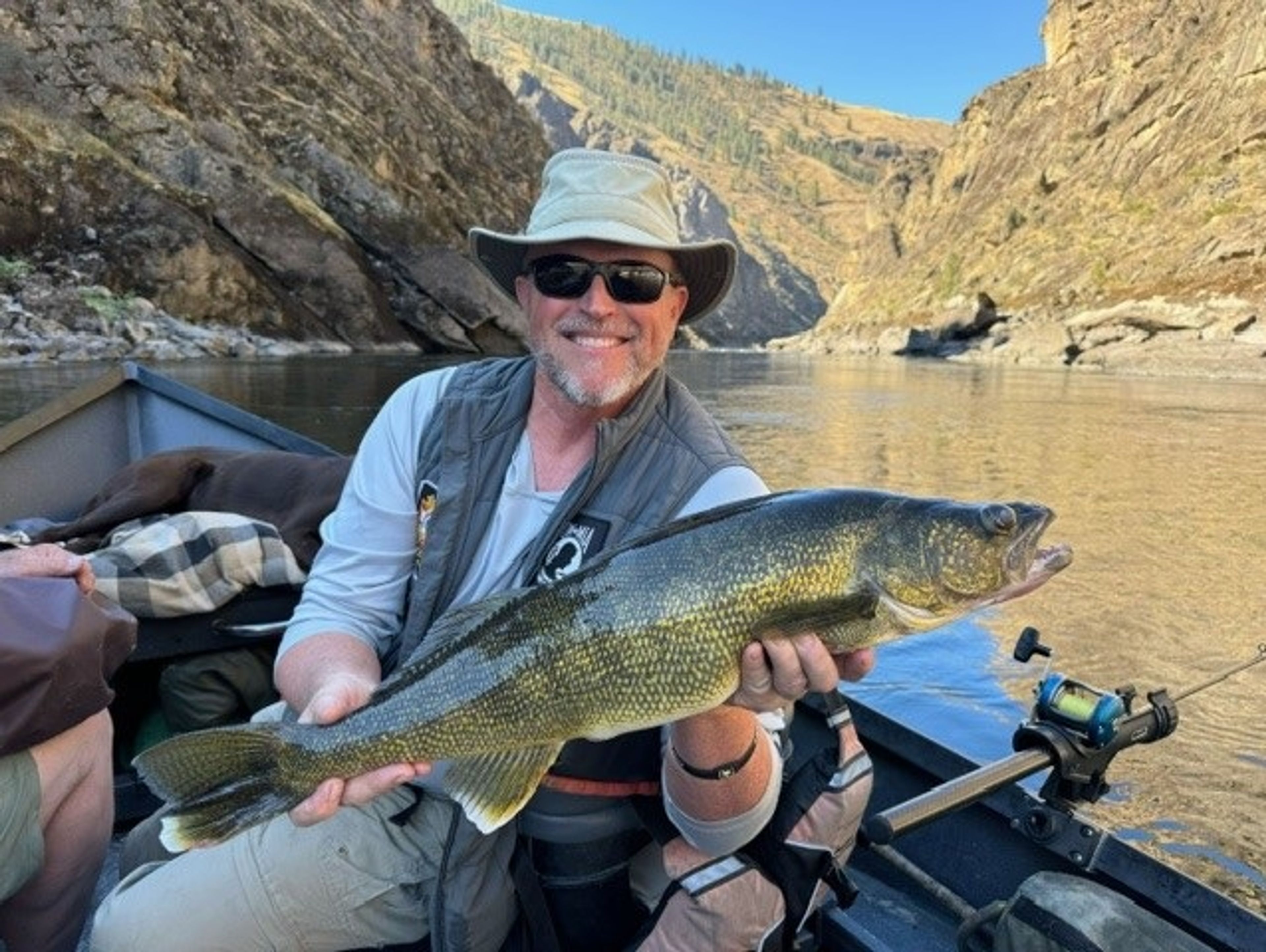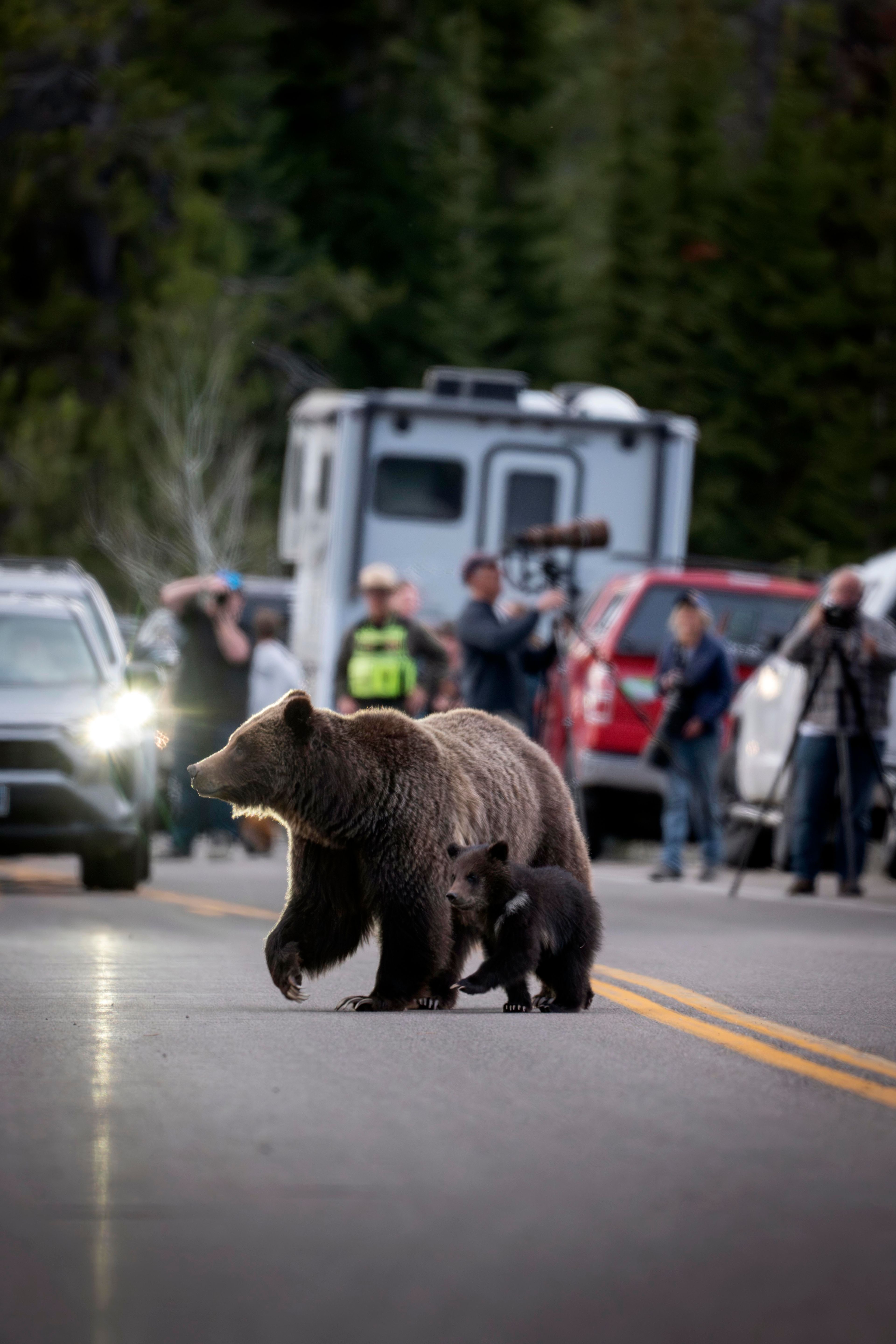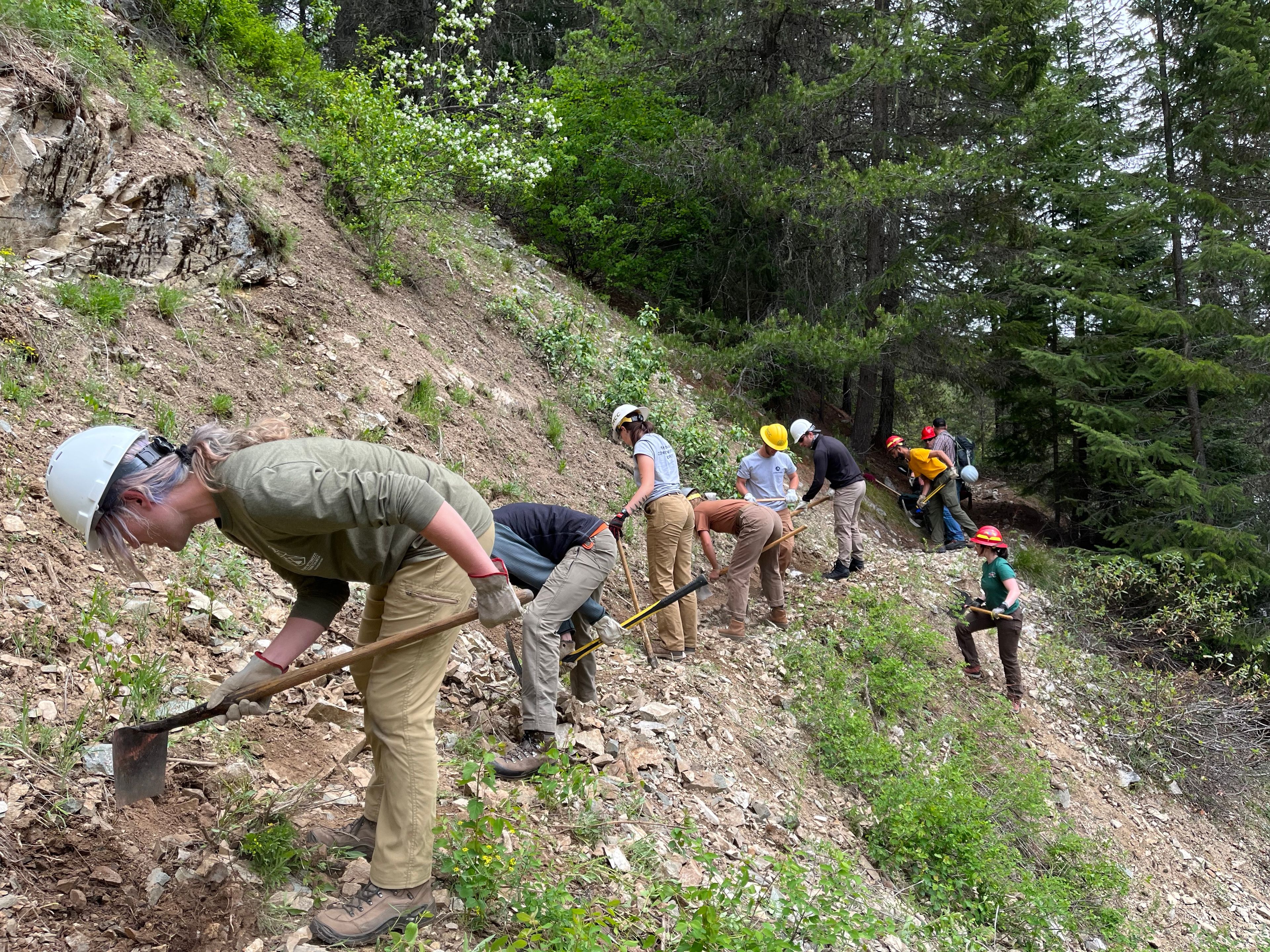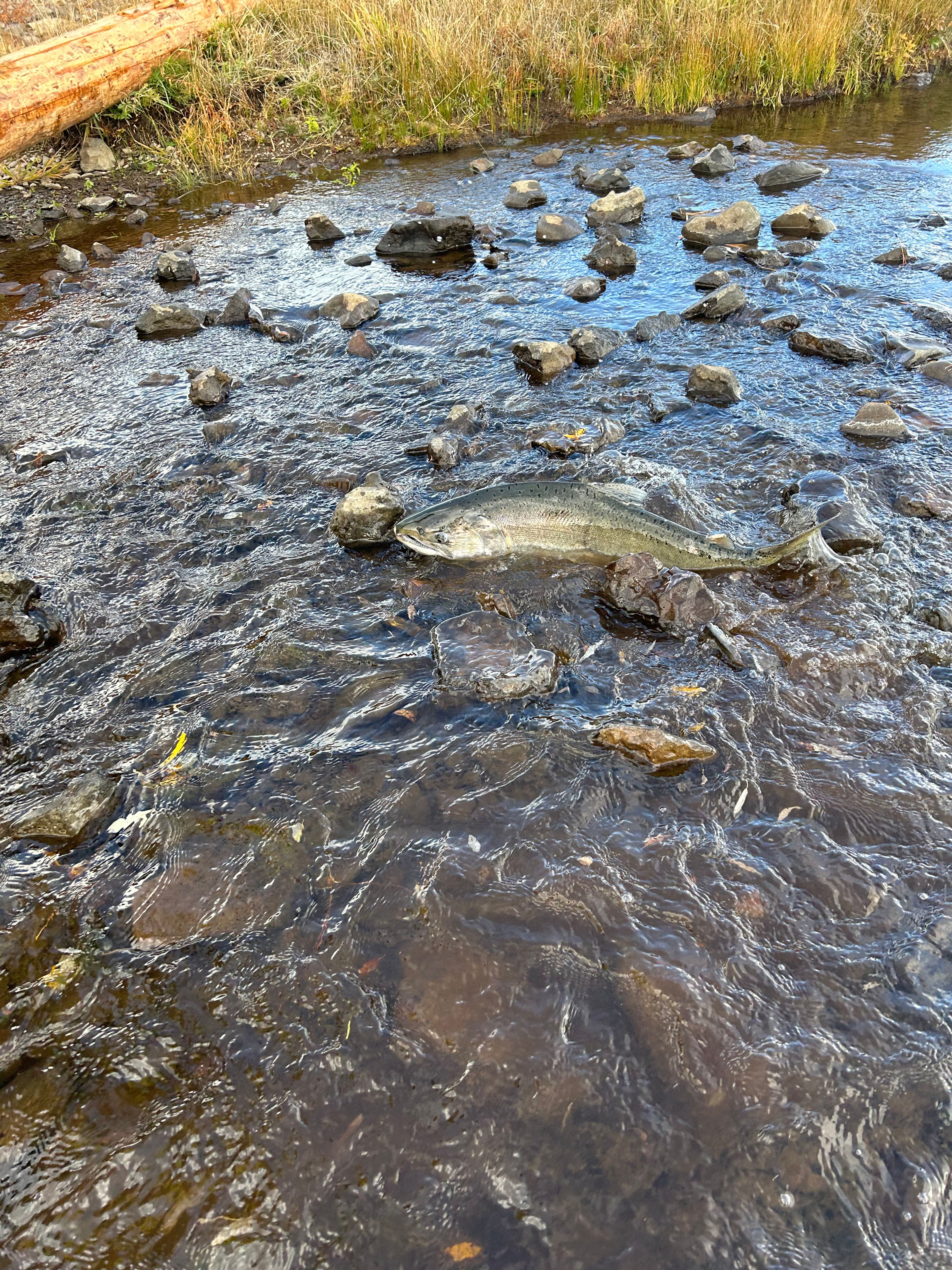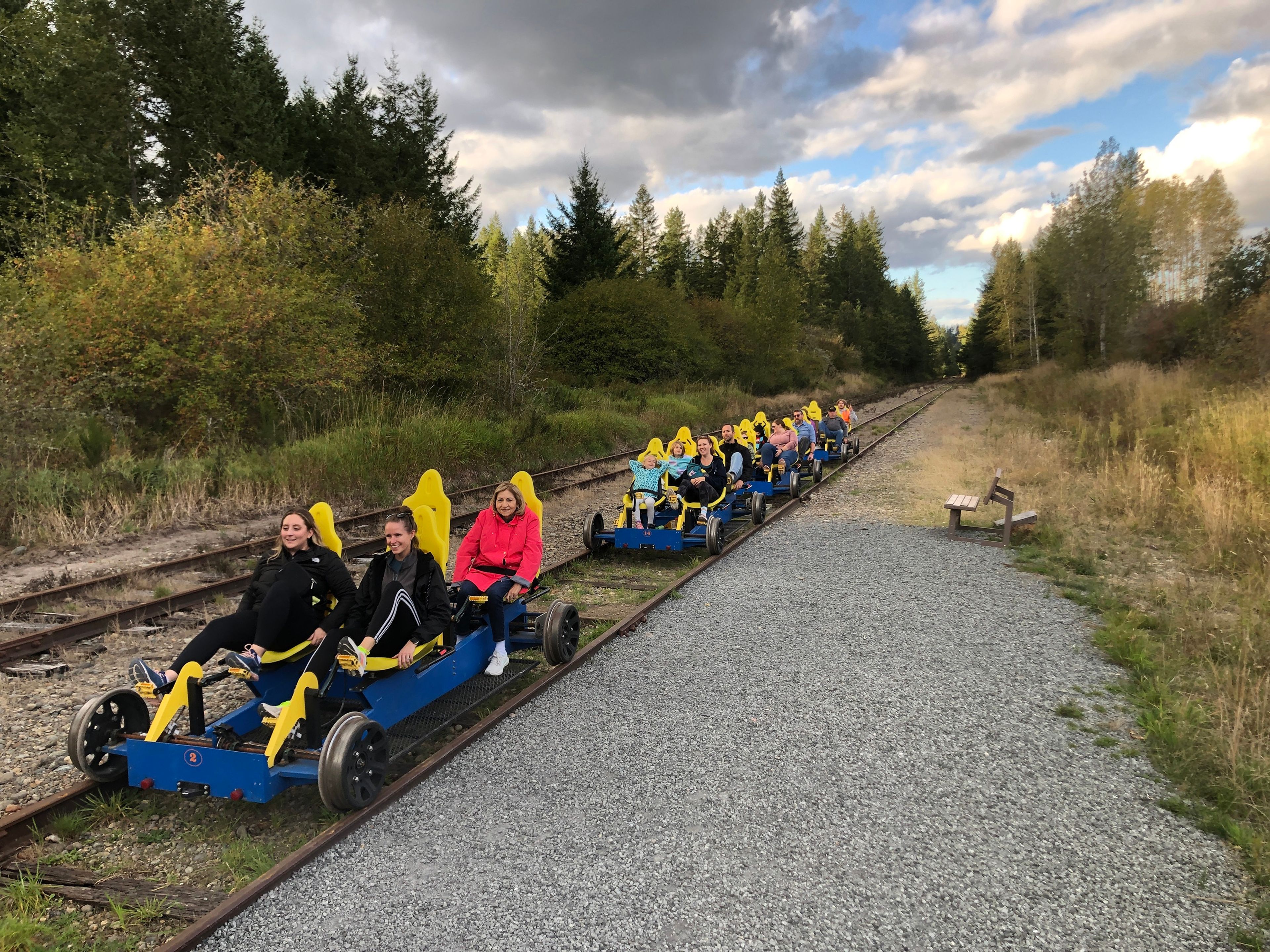Snowmelt expected to raise Lake Powell by 50 feet and open boating shortcuts
SALT LAKE CITY - Snowmelt will raise half-empty Lake Powell by 50 feet, opening a notable shortcut for boaters for the first time in five years, the U.S. Bureau of Reclamation said.
The so-called Castle Rock cut - still a stretch of exposed rock - will let houseboats get to the most popular beaches and Rainbow Bridge National Monument more quickly from Wahweap marina by shaving a dozen miles off the trip.
The peninsula is expected to be covered by enough water for boating by mid-June.
"That's a big deal, especially with gas prices now," said Debbie Crick, who stopped going to the reservoir years ago because of low water levels. She plans to return with her speed boat regularly to camp or stay at Wahweap lodge now that water levels are rising.
Crick, owner of Raw Bliss Cafe in Sedona, Ariz., first ventured out on Lake Powell in a 53-foot house boat she bought with seven other families in the 1960s. Now, many house boats are much bigger and get as little as 3 miles to a gallon of fuel, she said.
It will take about four months for the 186-mile-long reservoir that straddles Utah and Arizona to rise by 50 feet, Bureau of Reclamation spokesman Barry Wirth said.
"This winter has produced the best overall snowfall of the past eight years, with snow packs generally well above average as the spring runoff period begins," he said.
Park concessionaire Aramark says it's offering a free day on houseboat rentals plus a $200 fuel credit if Castle Rock cut doesn't open by June 15.
Aramark said the offer is good every day this season after June 15 that the shortcut fails to materialize.
Eventually, the Castle Rock peninsula should be covered by as much as 20 feet of water, Glen Canyon National Recreation Area spokesman Kevin Schneider said.
Schneider said a nearly decade-long drought has made impassable many of the labyrinth canyons of the desert reservoir.
The biggest obstacle for many boaters motoring upstream was Castle Rock.
While impressive Rocky Mountains snowfall will boost flows into the Colorado River, scientists say one good winter doesn't necessarily mean the end of a long drought.

